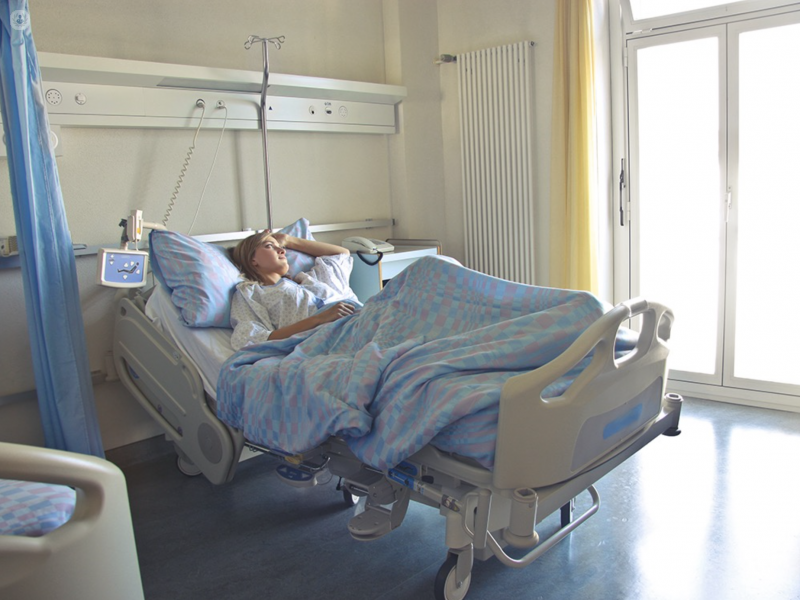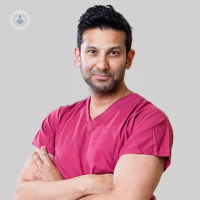What surgery like during COVID-19 era
Escrito por:With the second wave of COVID-19 hitting Europe, many surgeons and hospital staff in the UK are applying the lessons they learnt from the beginning of the pandemic in the hopes of evading another crisis.
But if you are due to undergo surgery soon, you may find yourself still concerned amid all the changes and restrictions, or even worried about contracting COVID-19 during your stay in hospital. So we spoke to Professor Manish Chand, a world-renowned colorectal surgeon practising at The London Clinic, to provide you with some peace of mind.

How is COVID-19 affecting elective surgical procedures in the UK?
The rise of COVID-19 hugely disrupted surgical practice in the UK. At the beginning of the pandemic, all elective surgery was shut down to prepare for a surge in COVID-19 cases and to protect intensive care (ITU) beds. Many surgical wards were turned into makeshift ITU beds and the operating departments were used for similar purposes.
As the full extent of the problem became clear, major elective surgery was moved to the private sector which acted as COVID-free sites concentrating predominantly on cancer. Fortunately, as the cases in hospitals reduced and capacity increased, elective surgery has returned to near full capacity. Unfortunately, this has resulted in a huge backlog of cases.
An important part of my practice is laparoscopy and robotics, which was also limited due to concerns over this type of surgery being unsafe for the staff in the operating theatre. Fortunately, research that myself and others have been involved in has dispelled this suggestion and we are back to offering minimally-invasive surgery.
What about non-elective surgical procedures?
Emergency surgery continued as planned. This is important as often the sequelae of emergency conditions requiring emergency surgery can be more worrying than COVID-19 itself.
Can cancer patients continue surgery?
Patients with cancer have been offered surgery throughout the pandemic albeit in different locations, by different surgeons and in some cases, using alternative techniques. In my practice, I have continued to offer high level, minimally-invasive surgery throughout the pandemic with great success.
What plans are in place to ensure proper management of emergency patients?
There have been significant improvements in patient pathways within the hospital and rapid testing. This means that any emergency patients can confidently access the same high-quality care they have always been afforded.
What steps should patients follow if they are told they need surgery now?
Most hospitals have guidelines which involve a period of isolation before major surgery and COVID-19 swab testing a few days beforehand. This ensures they are safely prepared for surgery to ensure a smooth patient journey. Appropriate patient pathways and one-way systems in the hospitals help keep patients safe. Each hospital will explain their guidelines before surgery.
How can patients avoid contracting COVID-19 in the hospital?
You should follow the hospital policies which, unfortunately, may initially seem strict but are there to ensure you have a safe journey through your surgery. This may mean having no visitors, keeping away from fellow patients and good hygiene.
The chances of contracting COVID-19 in hospital remains low and you should feel confident that you would have your procedure safely and efficiently.
Professor Manish Chand a top colorectal surgeon specialising in laparoscopic surgery and robotic surgery, and with considerable experience in treating colorectal and protology diseases, colorectal cancer and IBD. Visit his Top Doctors profile to book a consultation with him.


